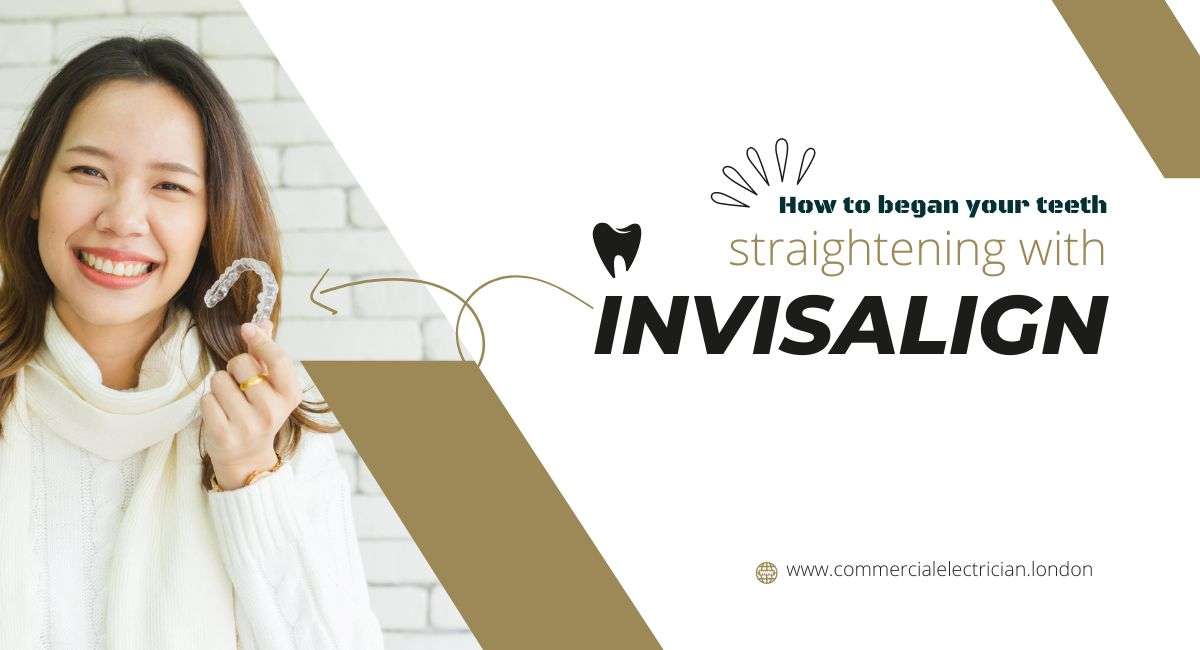Dental implants are an amazing way for those who are lacking teeth to replace them. Because of its aesthetic and practical advantages, patients frequently ask, “Are dental implants painful?” We will go over the Dental implant St Helens procedure, answer frequently asked questions, and offer advice on how to successfully manage discomfort in this extensive guide.
Understanding Dental Implants
Let’s first review what dental implants are before getting into the subject of pain. One dependable and long-lasting method of replacing lost teeth is with dental implants. They entail the implantation of a synthetic tooth root into the mandible. In order to restore your smile and guarantee optimal dental function, this operation is required.
The Procedure for Dental Implant Surgery
It’s important to understand the procedures involved in order to appreciate the potential discomfort related to dental implants:
1. First Assessment
A comprehensive examination by a dental expert is the first step in your journey. They will evaluate your oral health and determine whether dental implants are a good fit for you.
2. Getting the Jaw Ready
In certain instances, the jawbone may require a bone graft in order to ensure that it can adequately support the implant. The formation of new bones is encouraged by this process.
3. Insertion of Implants
In order to implant a metal post that serves as a prosthetic tooth root, the dentist drills a hole into the jawbone during the surgical operation. It takes time for the post to osseointegrate, or for the bone to grow through it. This crucial stage, which encourages a stable and healthy implant, could take many months.
4. Placement of Abutments
An abutment, which is a component to which the dental crown will be attached, may be put after osseointegration is complete. The gums are the main target of this little surgery, which may cause some bleeding and swelling. It usually hurts less than the first metal post implantation, though.
Addressing the Pain Question
Pain During the Procedure
Since the dentist numbs the mouth with local anesthesia, there shouldn’t be any pain during the surgical portion of placing dental implants. Although the actual surgery is not very painful, people may experience some discomfort when the numbness wears off.
Managing Post-Surgery Discomfort
The majority of dentists prescribe painkillers to patients to deal with implant site discomfort. Over-the-counter analgesics are adequate in many circumstances. Pain might vary, with operations involving a single implant often resulting in less discomfort than those involving many implants. After surgery, pain in patients may last up to 10 days, but it usually goes away sooner.
When to Seek Help
Should severe pain continue after 10 days, you should get in touch with your dentist right away. Extended discomfort may indicate an infection at the implant site, requiring prompt attention to protect the implant.
Why Dental Implants Are Worth It
Although it’s normal to worry about possible discomfort, it’s important to take into account dental implants’ long-term advantages:
Improved Quality of Life
With dental implants, you can confidently resume your ability to chew, speak, and smile. They provide a long-term fix for missing teeth, improving your quality of life in general.
Aesthetically Pleasing
visually beautiful implants offer a smooth and attractive alternative to natural teeth. They can be crafted specifically to blend in with your current teeth, guaranteeing a stunning and authentic-looking grin.
Preventing Future Issues
Having gaps in your teeth can cause migraines, jaw pain, and alignment issues. Dental implants keep your jaw and adjacent teeth structurally intact, preventing these problems.
Long-Term Durability
Dental implants can last up to 20 years or longer with good oral hygiene. This durability guarantees stability and comfort in the years to come.
Conclusion
Dental implant surgery may involve some discomfort, but it is usually tolerable with the help of painkillers. Patients who are considering this very successful tooth replacement option shouldn’t let their concerns about discomfort following surgery stop them. Long-term advantages of dental implants include enhanced cosmetic appeal, better quality of life, and protection against future dental problems. Speak with a dentist at Alverna House Dental Practice if you’re thinking about getting implants. They can offer you individualised advice and make sure the process is smooth and painless.
Frequently Asked Questions (FAQs)
Are dental implants painful?
Due to the use of local anesthetic, dental implant surgery is rather painless. Following surgery, minor discomfort is typical but controllable with over-the-counter or prescription painkillers.
How long does implant surgery take?
Dental implant surgery takes a variety of lengths, but usually takes one to two hours per implant. More time can be needed in complex circumstances.
Is recovery painful?
Following dental implant surgery, recovery may include some degree of bruising, swelling, and soreness. However, using over-the-counter or prescription painkillers, the discomfort is typically bearable.
Can anyone get dental implants?
Although most adults can get dental implants, there are several restrictions, such as bone density and general health. A dental expert consultation can establish eligibility.
Are dental implants permanent?
Dental implants are intended to provide a durable fix. They can last a lifetime if taken care of and maintained properly.
What’s the cost of dental implants?
Dental implant prices can differ significantly based on a variety of factors, including the required quantity of implants and the location. For an exact estimate, it is essential to speak with a dentist.
Can implants replace multiple teeth?
Absolutely, bridges and dentures supported by dental implants offer a safe and practical way to replace several lost teeth.
Can smokers get dental implants?
Smokers can still get dental implants, but it’s recommended that they give up or cut back on their smoking since it can help with implant success and general oral health.










